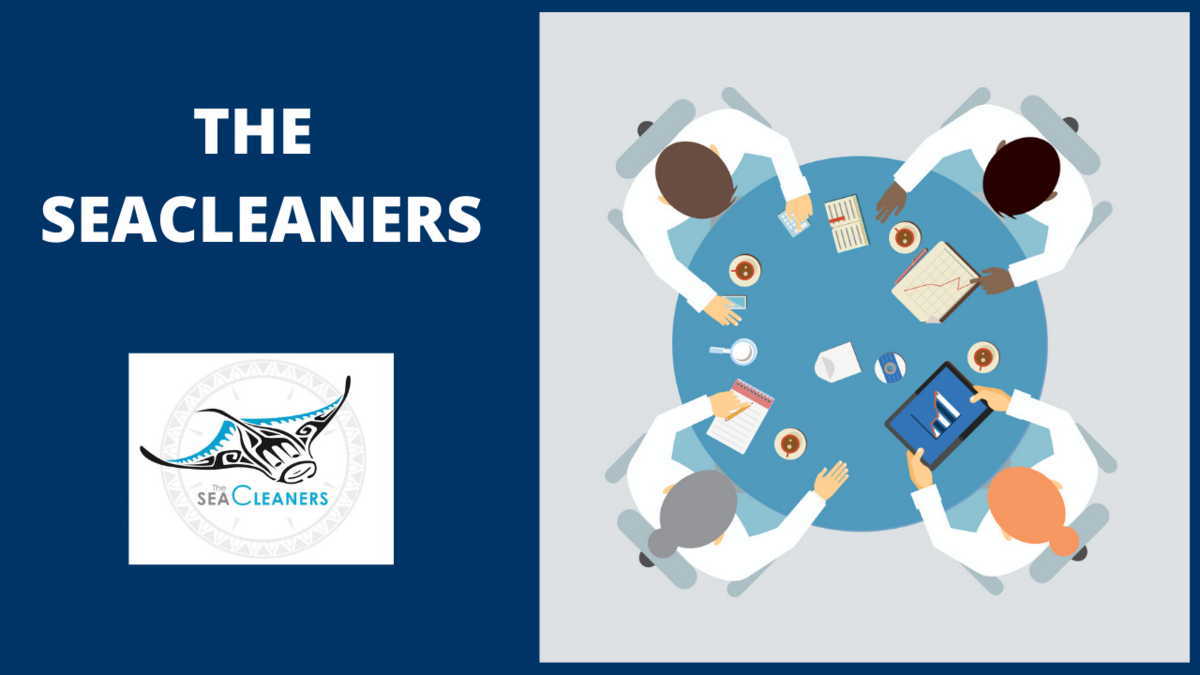Nieuws van bedrijven
The SeaCleaners : Installation of the International Scientific Advisory Board

Placing scientific knowledge at the heart of The SeaCleaners' actions: this is the mission of the International Scientific Advisory Board (ISAB) which was installed on 4 and 5 November, during its first webinar chaired by Yannick Lerat, the association's Scientific Director.
Composed of 12 members, this "council of wise women and men" brings together researchers and scientists from various research institutes, universities and laboratories around the world, recognised by their peers. PhDs in chemistry specialising in plastic materials and their repurpose, oceanographers, marine biologists, experts in satellite remote sensing or predictive modelling of waste slicks, toxicologists, platisphere specialists...: together, they combine the knowledge essential to an exhaustive understanding of the phenomenon of marine plastic pollution, from its formation to its geolocation, via its characterisation, quantification and impact on ecosystems, biodiversity and human health.
The creation of the ISAB reflects The SeaCleaners' desire to define its work orientations based on a rigorous scientific approach and relevant scientific data collected and validated by the best experts.
The ISAB's opinions and recommendations will inform our strategic decisions in several areas, in particular to draw up the roadmap of the association's Scientific Hub, the list of countries for our exploratory campaigns or to prepare the Manta's missions so that its collection campaigns are as effective as possible. It will also advise the association on awareness campaigns, and the educational and involvement actions for the general public (Citizen Science).
The work of the ISAB will be made available in Open Data. They will be used to provide the international scientific community with knowledge on the major study themes concerning marine plastic pollution: on the dispersion of marine debris at sea, its degradation, its colonisation, and the associated risks. These are all themes for which there are only embryonic answers today.
At the end of the ISAB installation meeting, two working groups have been set up: the first on the location of plastic waste slicks and the selection of priority intervention zones; the second on the technological choices of the Manta.
This is an important step forward for The SeaCleaners, making the scientific perspective one of the driving forces behind its commitment against plastic pollution.